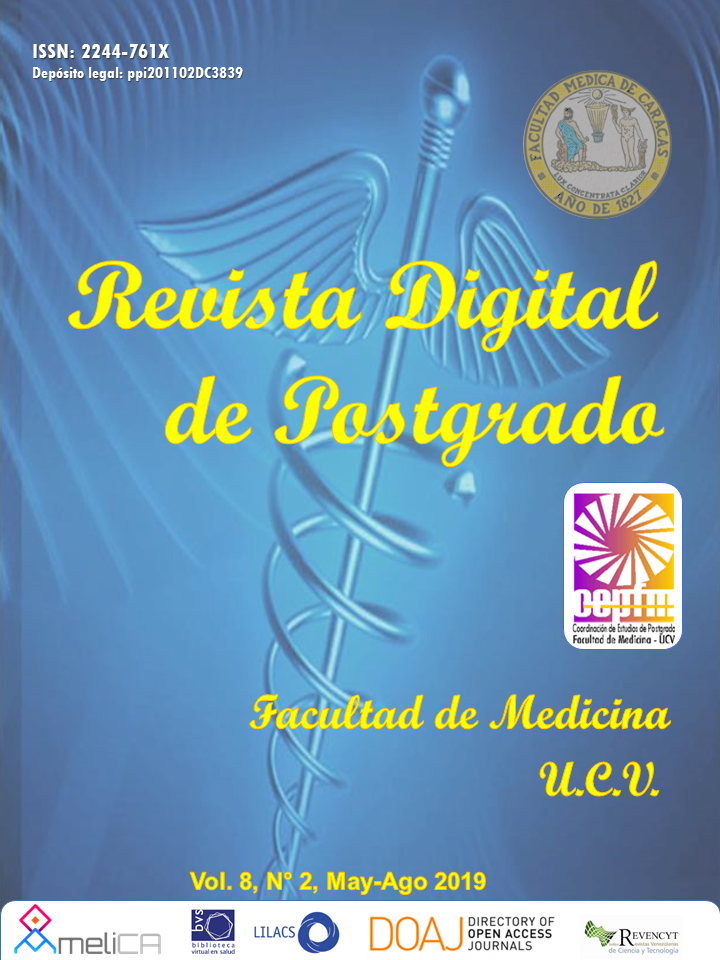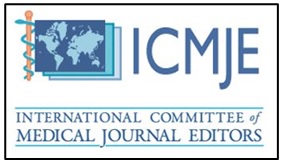Risk factors associated with professional burnout syndrome
Keywords:
Health, Exhaustion, Emotion, Stress, Risk FactorsAbstract
The overload in the work that induces the Burnout Syndrome, which is characterized by emotional fatigue, depersonalization and feeling of low personal achievement that appear as a response of emotional tensions. This study aims to describe the labour, social and economic factors that expose producers to develop Burnout Syndrome, analyzing premises that allowed determining risk factors associated with this Syndrome. Emotional exhaustion, negative attitudes and sudden mood swings are the main behavioral manifestations. It has been observed that in order to modify the factors that foment the Burnout syndrome, it is necessary to implement a health program in the prevention of stress in the workplace.Downloads
References
French JRP, Kahn RL. A programmatic approach to studying the industrial environment and mental health. Journal Social Issues. 1962; 18: 1-47.
Rodríguez-Marín J. Psicología social de la salud. Madrid: Editorial Síntesis psicológica; 1995.
Jackson SE, Maslach C. Burnout: he cost of caring. New york: Prentice-Hall Press; 1982.
Izquierdo O. Síndrome de Burnout. Máster Universitario. España: Universidad Miguel Hernandez; 2016.
Lombardi MA, Padrón M. Grandes diferencias: Síndrome de burnout, bullying y violencia. Rev Digit Postgrado. 2016; 5(2) 24-29.
Vieco G, Abello R. Factores psicosociales de origen laboral, estrés y morbilidad en el mundo. Proyecto de investigación. Barranquilla, Colombia: Universidad del Norte Barranquilla; 2014.
Bosqued M. Quemados el síndrome de burnout, qué es y cómo superarlo. España: Paidos; 2008.
Chavéz C. Síndrome de Burnout en docentes universitarios. INNOVA Research Journal. 2016; 1(9):77-95.
Maldonado M. El síndrome de burnout se debe al estrés laboral. Guatemala: Prensa libre; 2010.
Ansoleaga E, Miranda G. Depresión y condiciones de trabajo. Revista Costarricense de Psicología. 2014; 33 (1):1-14.
How to Cite
Issue
Section
License
Usted es libre de:
- Compartir — copiar y redistribuir el material en cualquier medio o formato
- Adaptar — remezclar, transformar y construir a partir del material
- para cualquier propósito, incluso comercialmente.
Bajo los siguientes términos:
-
Atribución — Usted debe dar crédito de manera adecuada, brindar un enlace a la licencia, e indicar si se han realizado cambios. Puede hacerlo en cualquier forma razonable, pero no de forma tal que sugiera que usted o su uso tienen el apoyo de la licenciante.
- No hay restricciones adicionales — No puede aplicar términos legales ni medidas tecnológicas que restrinjan legalmente a otras a hacer cualquier uso permitido por la licencia.











